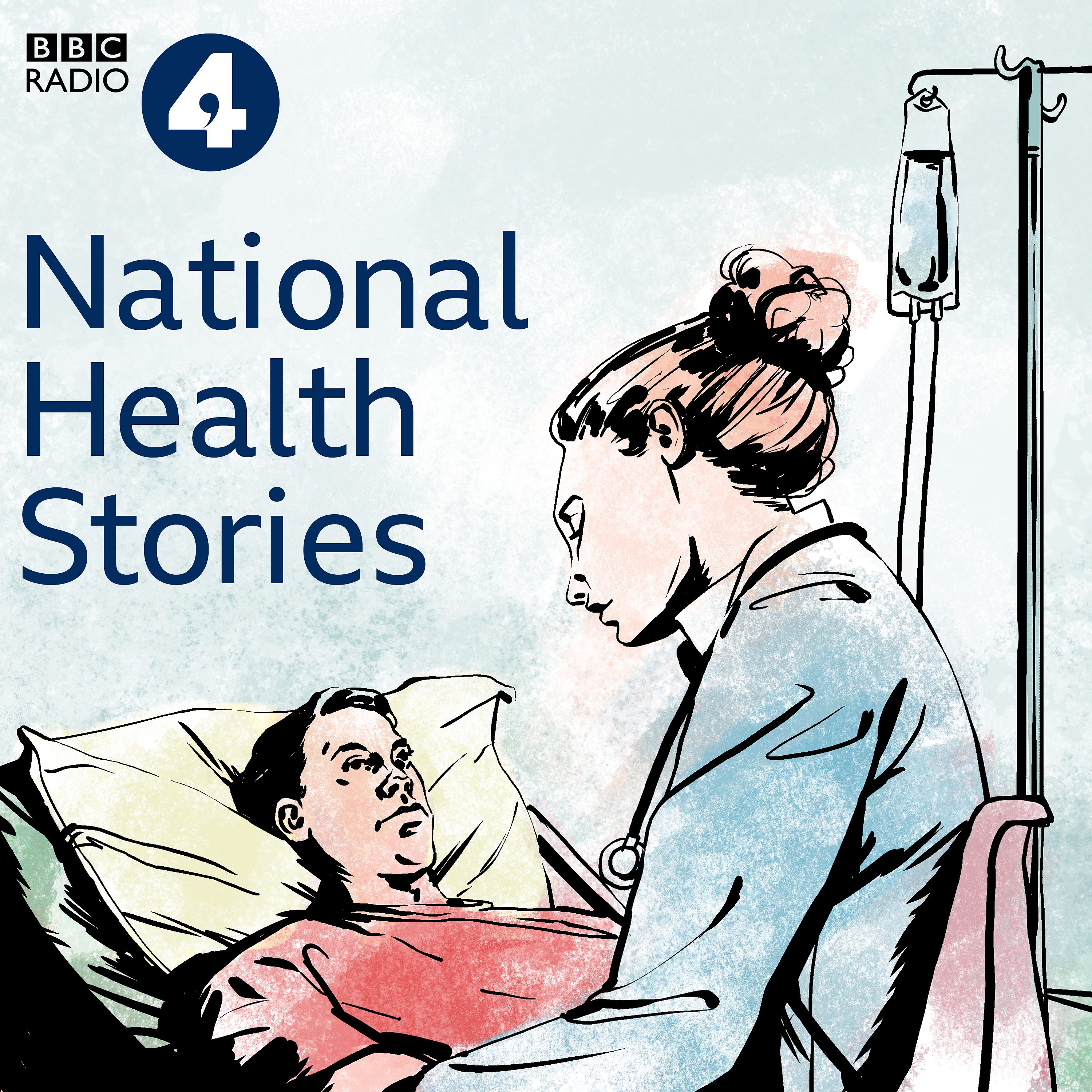Cradle
Description
In a series tracing the decisive moments in the life of our National Health Service, historian Sally Sheard looks at the arrival of the babies people never expected to see - conceived outside the human body - the miracle of IVF births.
The NHS thrives on innovation, but sometimes it needs a more personal determination to keep going in the face of years of multiple set-backs. Both doctors and women looked in vain during the 1960s and 70s for a solution to infertility. Finally in 1978 Patrick Steptoe and Bob Edwards made the key breakthrough, and Louise Brown became the first of thousands of IVF babies. Their success meant that by the 1980s there were ethical dilemmas: how to limit multiple births, like the Walton sextuplets, and whether IVF treatment was a valid part of a National Health Service.
More Episodes
Published 07/13/18
Like a much loved elderly relative, the National Health Service has endured more examinations and diagnoses than any other public institution.
When Bevan first launched it, he knew that there would never be enough money to meet the overwhelming need, and successive health ministers have used a...
Published 07/13/18
For many, the typical image of the British nurse includes their earthy sense of humour and resilience. They've been trained to conform to hospital rules and hierarchies, yet always find ways to cope with the pressures of this demanding career. But in recent years, this image has been shadowed by...
Published 07/12/18


